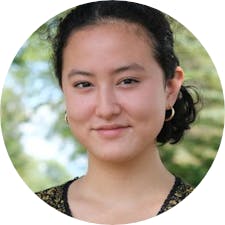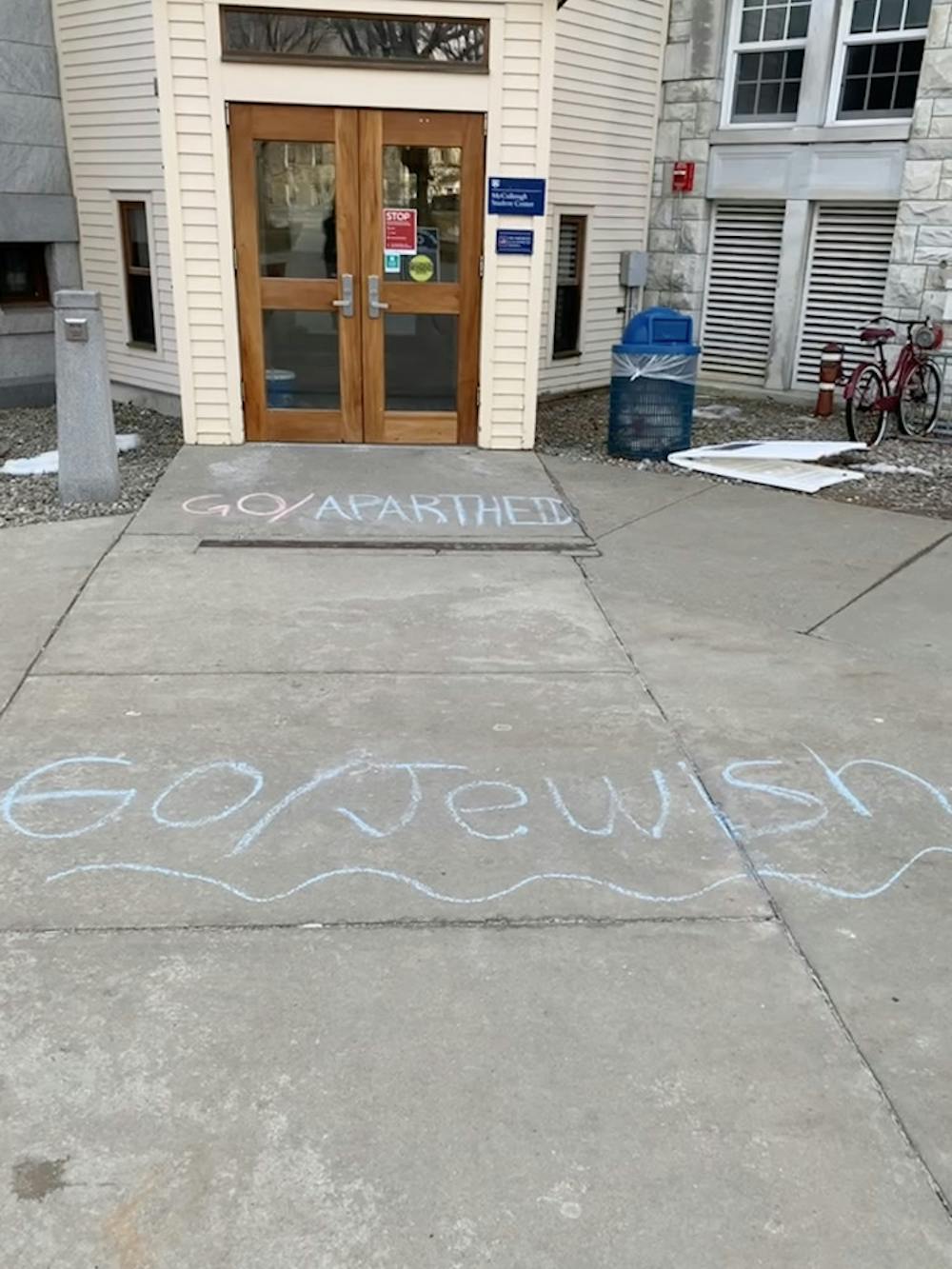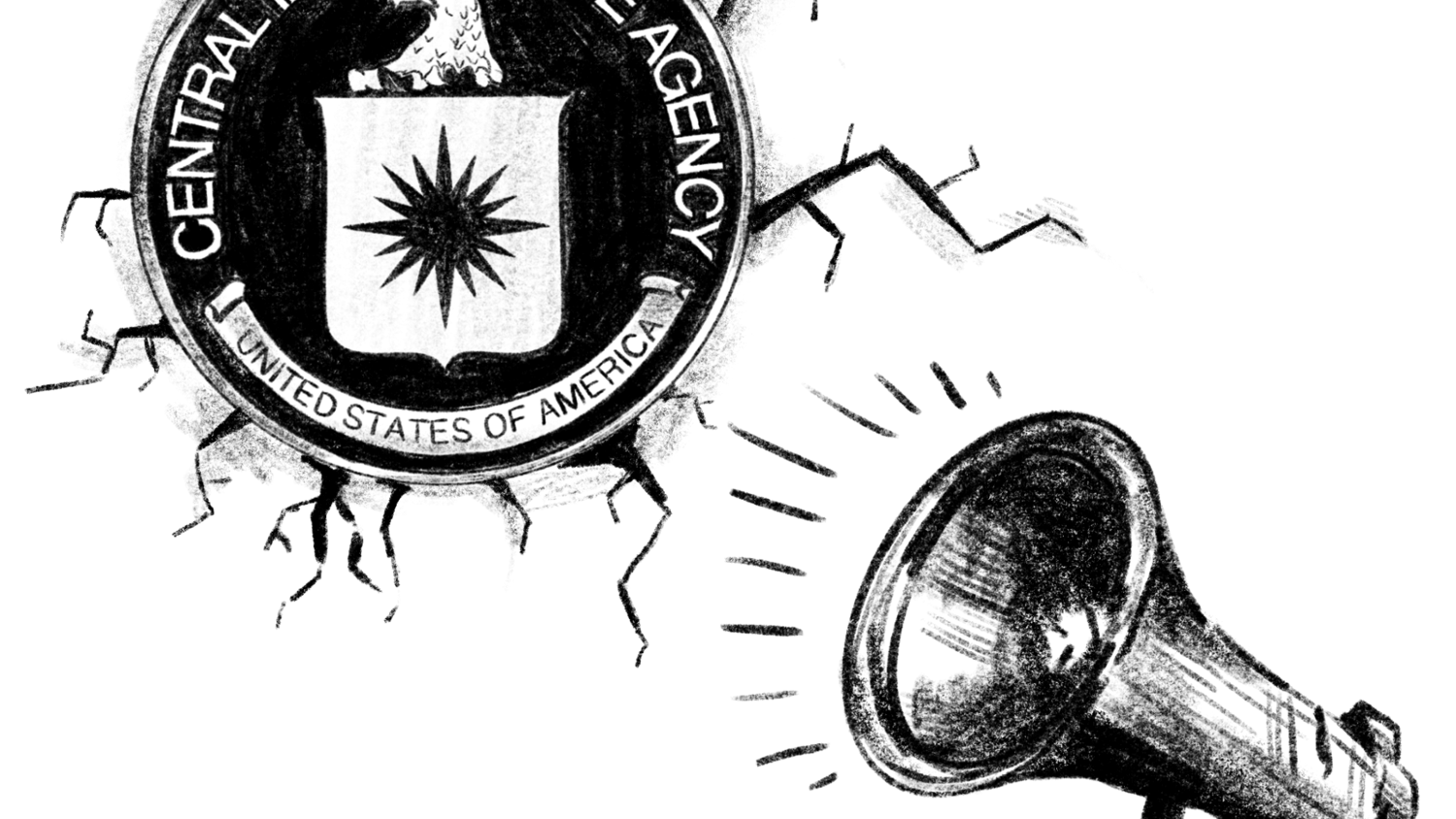A set of three go-links — the online shortcuts accessible to those on campus WiFi — drew attention this week after they were discovered by the Middlebury chapter of Students for Justice in Palestine (SJP). The links — go/palestine, go/palestinian and go/sjp — brought users to an Israel Ministry of Foreign Affairs webpage titled “Palestinian terror and incitement.”
The entries in the go-link directory indicated that the shortcuts were created by Benjamin Lesch ’24. Lesch later removed the go-links, according to an all-school email from the Community Bias Response Team (CBRT) on Wednesday. He did not respond to a request for comment.
The links were discovered soon after SJP shared their new informational website through a poster-based advertising campaign that featured the go-link go/apartheid. The link leads to the home page of the site, which reads “End Israeli Apartheid.”
SJP said the purpose of the website is to educate students and spread awareness, and that the use of the word “apartheid” was deliberate. “The term has increasingly been used by progressive activists in the U.S., Palestine, as well as Israel itself,” SJP leadership said.
Several go/apartheid posters across campus were also torn down, according to a post on SJP’s Instagram page. The CBRT email also noted that a student associated with SJP has received multiple indirect threats that the Department of Public Safety is now investigating.
The club responded to the vandalization of their posters and the creation of the go-links in an email to The Campus.
“SJP disavows any and all violence. Not only is this a discriminatory act that delegitimizes our club as we responsibly engage in social justice work and educational initiatives, but it also blatantly condones anti-Arab racism,” SJP leaders said.
Lesch has been placed on indefinite leave from the positions he held in Middlebury Consulting Group and on the Student Investment Committee, according to statements both groups gave to The Campus.
Laurie Essig, faculty adviser to SJP, said she asked Dean of Students Derek Doucet to address the creation of the go-links.
“I hope that some sort of restorative justice practices will be implemented so the student responsible can learn that disagreement does not mean we can harass and intimidate those with whom we disagree,” Essig said. “I do believe the symbolic weight for Palestinian persons on campus of being called ‘terrorist’ is a lot to bear and, as a community, we must all condemn this sort of harassment.”
Many students became aware of the go-links after SJP Co-President Kamli Faour posted a screenshot of a statement to SJP members on her Instagram story on Saturday.
“We do not take this discriminatory act lightly and are in communication with our club’s advisor, Laurie Essig, the Students Activities Office, and several Deans,” part of the statement read. “In the meantime, we would like to stress the importance of remaining peaceful and keeping SJP members, Palestinian, and other Arab students safe.”
On Monday night, a new go-link was chalked on campus pathways — go/jewish. The link, described in the go-link directory as “a letter that reflects how many Jews currently feel on campus,” was created by Eyal Yakoby ’24.
In the letter, Yakoby described feeling saddened and unsafe due to the events of the previous week and said that other Jewish students on campus felt similarly. He wrote that the Middlebury SJP chapter has “frightened many Jewish students here on campus” and listed examples of SJP chapters at other institutions who had reportedly targeted Jewish students or individuals on those campuses.
Yakoby also cited a go-link created by Matt Martignoni ’21.5, co-president of SJP. The link, go/antisemitism, previously sent users to a Google Doc about Zionism, but Martignoni said it was removed before Yakoby shared his letter.
“This link in itself is an act of anti-Semitism,” Yakobi wrote. “Indeed, the Google Doc has no mention of actual anti-Semitism in it, rather it mocks that which has plagued the Jewish community for so long.”
Martignoni said they created and used this go-link out of fear that it might be exploited by right-wing extremists to spread misinformation.
“My intention had been to write more extensively on anti-Semitism at a later date, but I linked it to the information that I personally wrote about Zionism as a placeholder since the nuance between it and anti-Semitism is touched upon at the end,” Martignoni said in an email to The Campus. “It should not need to be said, but Jews are not a monolithic group. I am a Jew who is deeply committed to the rights of the Palestinian people, but I do not speak for all Jews. No one does.”
At the end of the letter, Yakoby shared a list of eclectic “fast facts” about Israel — from the Arab representation in its government to Tel Aviv’s ranking as a “best gay city” to the country’s ban of underweight models from fashion shows — stating that he wanted to “attest that Israel is not the evil regime that SJP portrays.”
Yakoby also called for an open conversation between himself, other Jewish students and SJP leadership.
Yakoby declined to be interviewed by The Campus for this article.
On Tuesday night, the Hillel Board released a statement addressing the recent events to members of their email list. The email referenced the creation of various go-links and noted that the Israeli-Palestinian conflict has generally not been a major feature of campus conversations in recent years.
The email also stated that the current discourse has brought challenges because of the small size of the college’s Jewish community and because Middlebury does not currently have a student organization that advocates for Israel politically.
“As an organization, Hillel’s role on campus is to support all Jewish students,” the Hillel board wrote. “There is a wide diversity of perspectives about Israel in our community, and we welcome this diversity fully. Conversing on the topic of Israel is part of our organization’s mission as it is tied to Jewish identity, however it is impossible for us to be a voice for the entire community at once. We do not wish to risk the cohesiveness of our Jewish community by doing so.”

Abigail Chang ’23 (she/her) is the Editor in Chief.
She previously served as a managing editor, Senior News Editor, News Editor and co-host of The Campus' weekly news radio show.
Chang is majoring in English and minoring in linguistics. She is a member of the Media Portrayals of Minorities Project, a Middlebury lab that uses computer-assisted and human coding techniques to analyze bulk newspaper data.
Throughout last year, Chang worked on source diversity and content audits for different media properties as an intern for Impact Architects LLC. Chang spent summer 2021 in Vermont, working as a general assignment reporter for statewide digital newspaper VTDigger. Chang is also a member of the Middlebury Paradiddles, an a cappella group.




